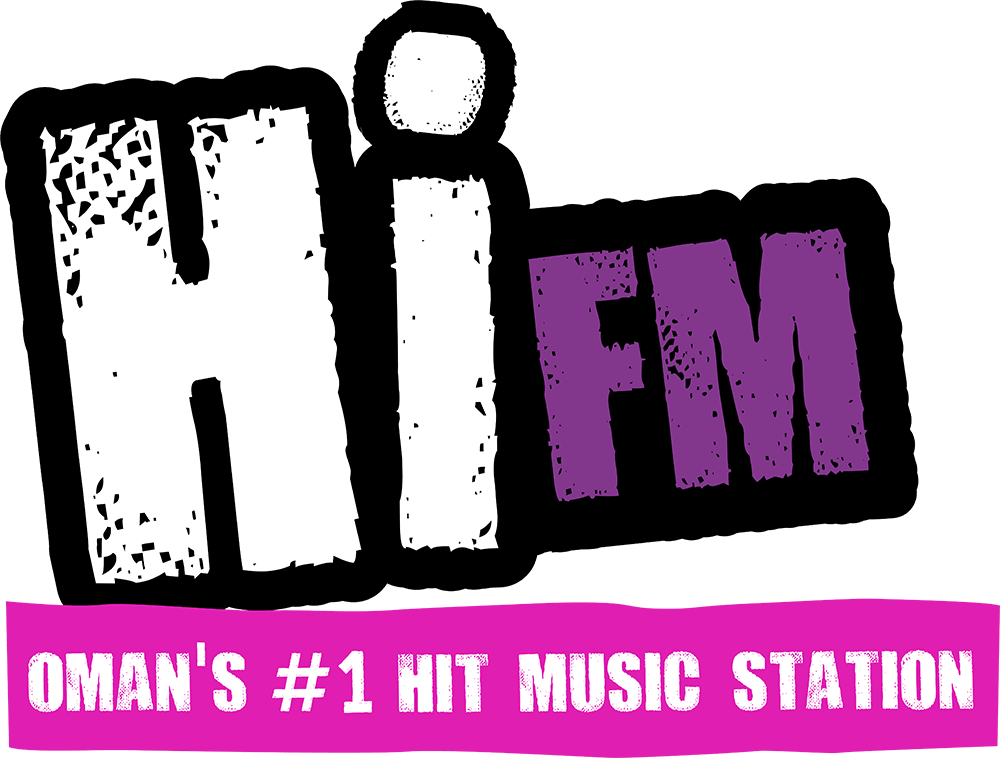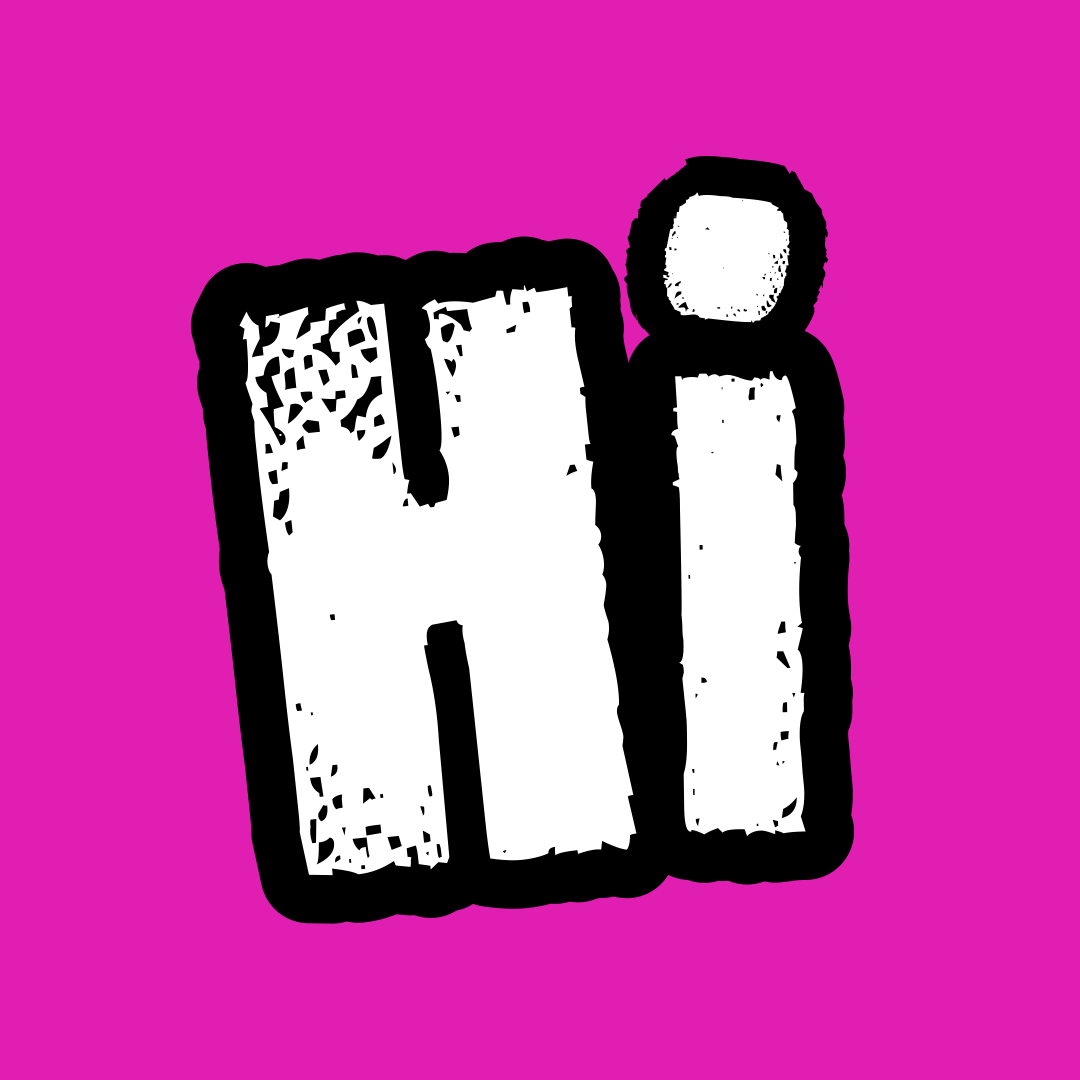
Muscat – A student-led research project at the Arab Open University in Muscat has developed an assistive system designed to support people with vision and hearing impairments. The project, funded by the Block Funding Programme of the Ministry of Higher Education, Research and Innovation, combines artificial intelligence, wearable devices and deep learning. Led by student […]
Muscat – A student-led research project at the Arab Open University in Muscat has developed an assistive system designed to support people with vision and hearing impairments. The project, funded by the Block Funding Programme of the Ministry of Higher Education, Research and Innovation, combines artificial intelligence, wearable devices and deep learning.
Led by student researcher and principal investigator Mohamed Hamdy Abdallah Eissa, the project titled ‘Smart Eye for Visually Impaired and Real Time Sign Language Translator’ focuses on improving navigation, recognition and communication. It aims to provide an affordable and portable tool for users in Oman and the wider region.
Eissa said the system is built around two devices. Smart glasses equipped with a camera and processing chip help visually impaired users detect obstacles, recognise faces and read text. Smart gloves with embedded sensors translate Arabic sign language into text, offering deaf users a practical means of communication.
The research team used deep learning techniques based on the MobileNet-v2 architecture adapted through transfer learning. Tests recorded an average F1-score of 0.808 across 32 Arabic sign language letters. Some signs achieved high accuracy, including ‘ghain’ at 0.948, while others such as ‘gaaf’ at 0.535 highlighted the need for larger datasets.
A scientific paper describing the methodology, titled ‘Arabic Sign Language Letter Recognition using MobileNet-v2 Deep Neural Network’, was published in the International Journal of Scientific Development and Research in October 2022.
Eissa said future work will focus on enabling full-word and sentence translation, integrating voice feedback and text-to-speech features, and improving the comfort and accuracy of the gloves. The team plans to work with disability associations in Oman to test the system and explore multilingual sign language support.
The research team includes Eissa, Dr Alaa Ismaeel, Dr Sherimon P.C., Dr Vinu Sherimon and Dr Remya Revi K. Their work reflects Oman’s growing interest in research that links technology with social impact, with the potential to support users across the Arab world.


 New number portability system boosts telecom competition in Oman
New number portability system boosts telecom competition in Oman
 Muscat-based professional awarded Italian knighthood
Muscat-based professional awarded Italian knighthood
 New wildlife park to be set up in Dhofar
New wildlife park to be set up in Dhofar
 Major restoration push boosts heritage tourism in North Sharqiyah
Major restoration push boosts heritage tourism in North Sharqiyah
 Short film ‘Al Majhool’ gets another major international award
Short film ‘Al Majhool’ gets another major international award
 Suwaiq banana project boosts Oman’s food security
Suwaiq banana project boosts Oman’s food security